Phosphorescent sensing of Cr3+ with protein-functionalized Mn-doped ZnS quantum dots
Literature Information
Ting Zhao, Ya-Ni Xie, Lan Wu, Peng Wu
It was found that the phosphorescence from denatured bovine serum albumin (dBSA)-capped Mn-doped ZnS QDs could be selectively quenched by Cr3+, and a phosphorescent probe for Cr3+ was thus developed. Based on phosphorescence decay as well as calculations of the relative energies of QDs and Cr3+, the mechanism for phosphorescent quenching was preliminarily ascribed to electron transfer from photo-excited Mn-doped ZnS QDs to Cr3+. Under the optimal conditions, good linear Stern–Volmer quenching was obtained for Cr3+ in the range of 10 to 300 nM. The limit of detection of this phosphorescence probe (3 nM) was 1 to 2 orders of magnitude lower than those of previously reported nanosensors, owing to the effective elimination of background fluorescence and scattering from the sample matrix. The analytical potential of the proposed probe was evaluated through determination of Cr3+ in water samples, with spike–recoveries ranging from 95 to 106%.
Related Literature
IF 4.616
Biomolecular dual-ion-trap mass analyzerIF 4.616
Multi-functional fluorescent probe for Hg2+, Cu2+ and ClO− based on a pyrimidin-4-yl phenothiazine derivativeIF 4.616
Raman micro-spectroscopy tracing human lymphocyte activationIF 4.616
Mapping of egg yolk and animal skin glue paint binders in Early Renaissance paintings using near infrared reflectance imaging spectroscopyIF 4.616
Discrimination of circulating tumor cells of breast cancer and colorectal cancer from normal human mononuclear cells using Raman spectroscopyIF 4.616
Correlation of in vitro and in vivo plasma protein binding using ultracentrifugation and UPLC-tandem mass spectrometryIF 4.616
A long wavelength hydrophobic probe for intracellular lipid dropletsIF 4.616
A compact high resolution ion mobility spectrometer for fast trace gas analysisIF 4.616
Inside front coverIF 4.616
Source Journal
Analyst

Analyst publishes analytical and bioanalytical research that reports premier fundamental discoveries and inventions, and the applications of those discoveries, unconfined by traditional discipline barriers.
Recommended Compounds
Recommended Suppliers
 ips Intelligent Pelletizing Solutions GmbH & Co. KG
ips Intelligent Pelletizing Solutions GmbH & Co. KG Taixing Goldleaf Fine Chemical Co., Ltd.
Taixing Goldleaf Fine Chemical Co., Ltd. SCAIME
SCAIME Umicore AG & Co KG
Umicore AG & Co KG Riyuecao (Shandong) Biopharmaceutical Technology Co., Ltd.
Riyuecao (Shandong) Biopharmaceutical Technology Co., Ltd. Shenzhen Hongtu Silicone Technology Co., Ltd.
Shenzhen Hongtu Silicone Technology Co., Ltd. Chengdu Hexingxing New Materials Technology Co., Ltd.
Chengdu Hexingxing New Materials Technology Co., Ltd. Qinzhou Hao Hai Chemical Co., Ltd.
Qinzhou Hao Hai Chemical Co., Ltd. Brar Elettromeccanica SpA
Brar Elettromeccanica SpA
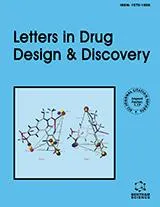
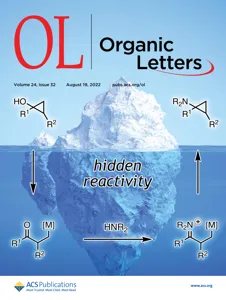
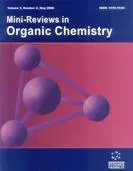
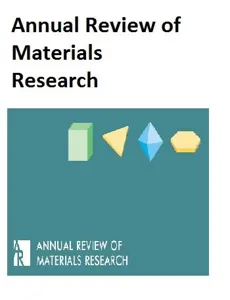
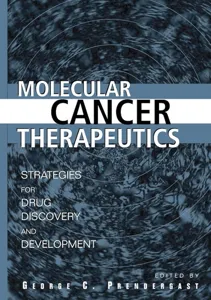
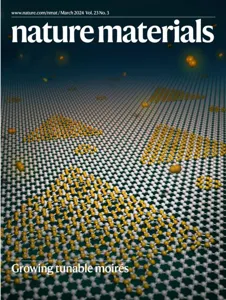
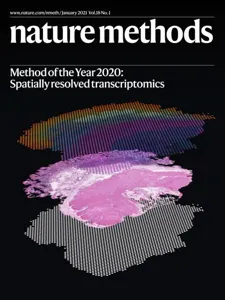
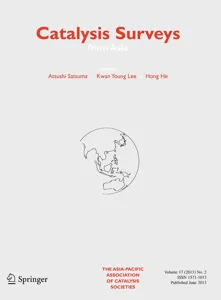
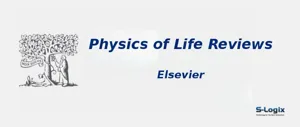
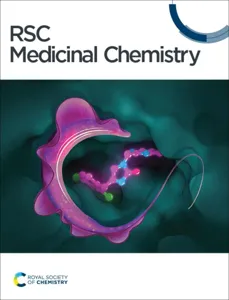
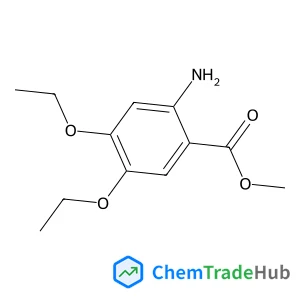
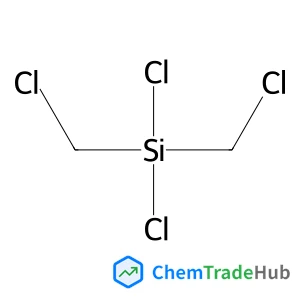
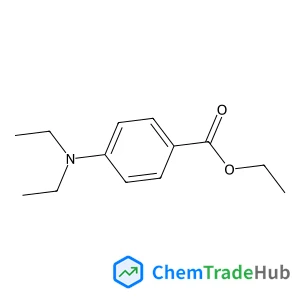
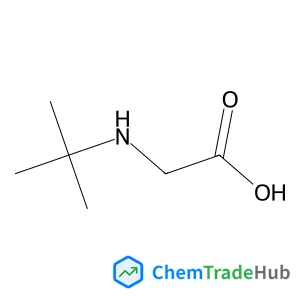
![884497-57-8 - 1-[2-(3,5-Dimethylphenoxy)ethyl]-1H-indole-3-carbaldehyde 884497-57-8 - 1-[2-(3,5-Dimethylphenoxy)ethyl]-1H-indole-3-carbaldehyde](/structs/884/884497-57-8-2fe5.webp)